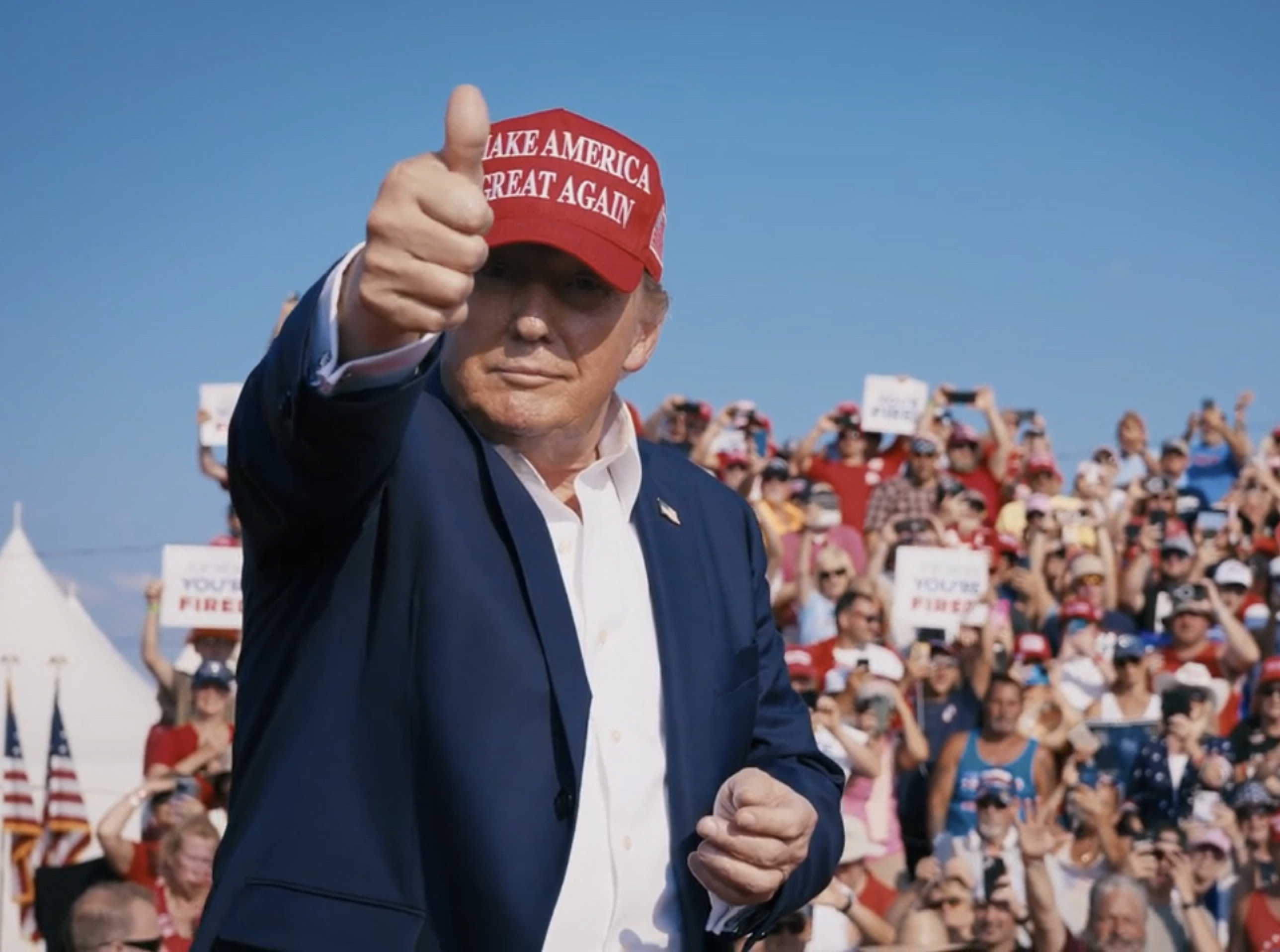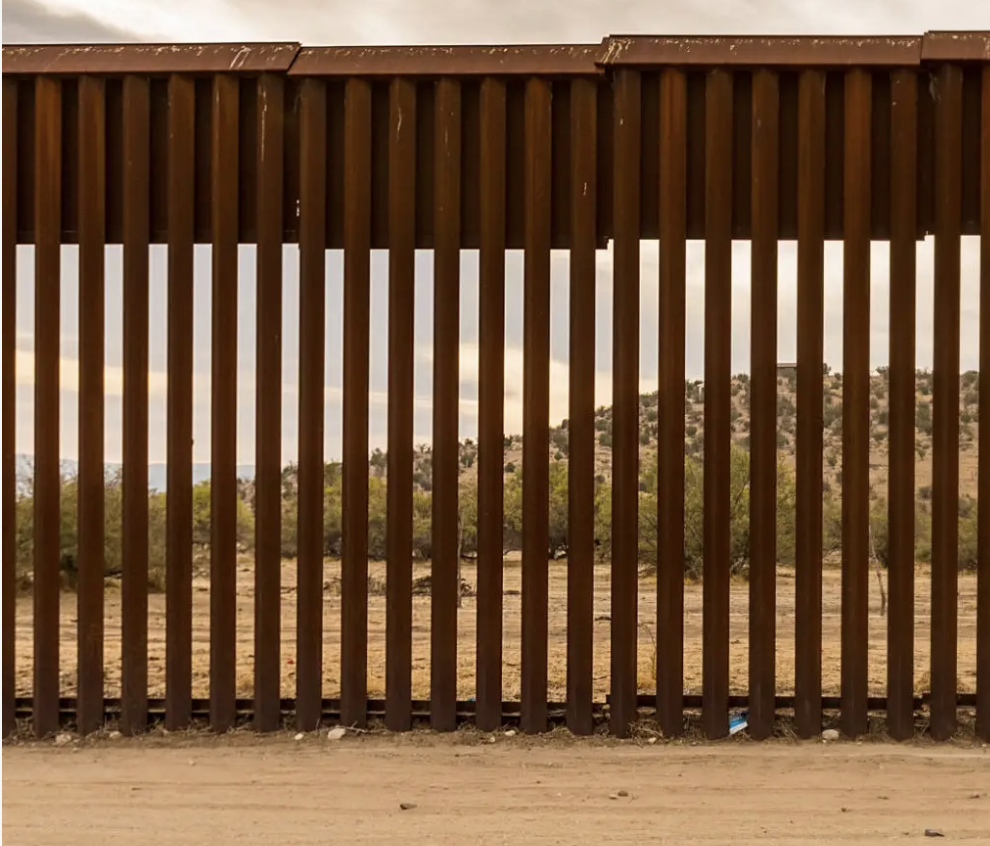Writer Aaron Landgraf explores the controversy of burning the flag
 By: AARON LANDGRAF
By: AARON LANDGRAF
Staff Writer
“I cannot believe I live in a city with these animals.”
“I think they should be thrown in jail for that.”
“People died for that flag.”
These are just a few samples of Facebook outrage I have gleaned over the past week as protestors in Ferguson taking to the burning of the American flag as means of demonstration have heated up media outlets and public opinion.
Everybody it seems, has something to say and most commentary seems to be that of condemnation.
The American flag is long regarded as a symbol of freedom and opportunity, naturally has no end of symbolic connotations and therefore it, and more crucially what it represents, holds a special meaning for millions.
The most frequent argument I have encountered in regards to flag burning relates to what the flag “stands for.”
What I find dangerous about this is the assumption that one’s beliefs and symbolic images are universal, or should be universal. Rarely is truth the same for all parties.
If a person living in the United States has lived their life feeling oppressed and down trodden by poverty or circumstance and feels that the government is ignoring their plight, do they not then have the right to reject the flag of the institution they feel has turned a blind eye to their suffering? Circumstances often necessitate action, and those who feel they must turn to such actions often feel desperate.
Demonstrations in Ferguson have been marred by controversy, but the large amount of media hype that has been aroused is due not only to the sheer number of protestors that participate, but also to the hefty impact of the statements that are being made.
Because the flag is a symbol to many, perhaps even one of the earliest symbols that many are exposed to, it is only natural to be upset when that symbol is defiled.
However, what better way to make a statement and hold attention than by claiming in one simple act that your symbol is not my symbol?
Just the sight of the flag going up seems to arouse the guttural instincts and anger of many; this indicates to me that the practice was, in a way, successful. At the very least, a cry to action has been voiced.
Furthermore, the act of flag burning is largely nonviolent, a welcome change to an issue that has plagued the protests in Ferguson from the start.
Public outcry condemning protestors for destroying businesses and homes has created a quasi- “damned if you do, damned if you don’t” mentality.
In the eyes of many, it seems, protestors burning a striped-and-starred cloth is just as evil as burning down a home or business. Violence breeds violence, but what harm does displaying a mistrust in the government bring? Do we live in such a world where deviating from the norm and being anything but chest-thumping, order-following citizens is now dangerous and will receive you a prison sentence?
If our troops fought for our right to fly our flag, as many suggest, did our troops not also fight for the same freedom to express our honest opinion of the state of our union by any peaceful means we see fit?
The burning of the flag does not necessarily indicate anti-Americanism. The beloved “love it or leave it” mentality of many Americans can be toxic as well and is outdated.
If this country was founded on a basis of freedom and tolerance, does it not make sense to work to actively change the country we are living in by means of expression we personally feel fit so long as we do not bring harm to others?
I am not pro-flag-burning, but I see no harm in flag-burning-tolerance which I believe is an important distinction.
Indeed, if we cannot articulate criticisms of our government, which is no more infallible than any individuals humans are, are we even worthy of raising the flag ourselves and claiming it as the symbol of freedom we claim it to be?
Regardless of ideals and convictions, senseless and absolute condemnation of opinion has never been a hallmark of freedom.
Until we all can accept controversy and stop becoming offended at the slightest events that conflict with our personal beliefs, we cannot be truly free. We cannot be truly free unless we see beyond ourselves and make an effort to connect, sympathize and understand an opposite viewpoint instead of quickly rejecting it.
As demonstrations continue and the media continues to overhype every detail, here is to hoping that rather than capitulating to our own gut instincts and the opinions of others, we can make the effort to look beyond our own bubbles.
We can make an effort to understand that what is true for us individually is not universal, and what we feel is black and white is really just varying shades of gray.










